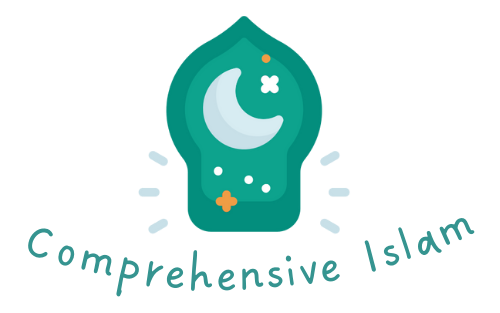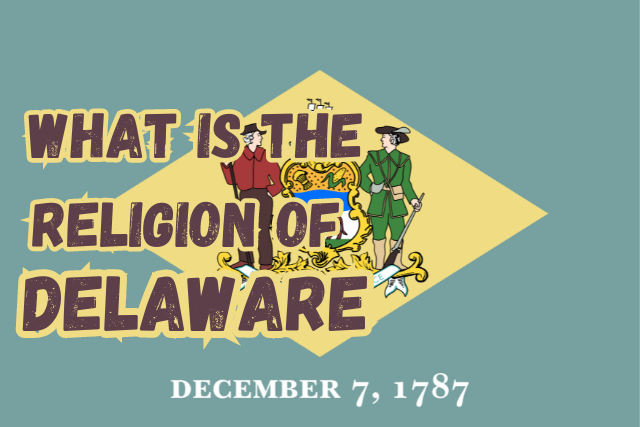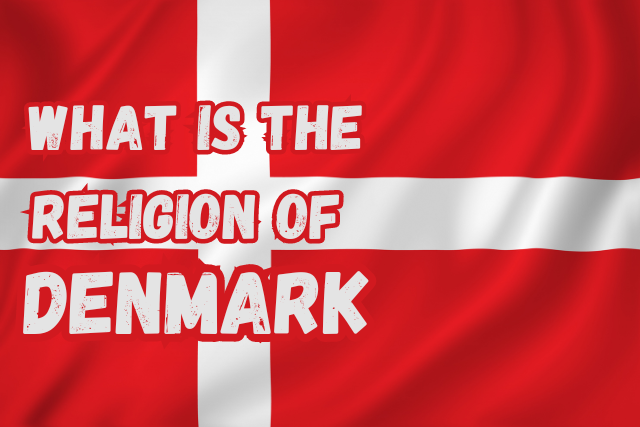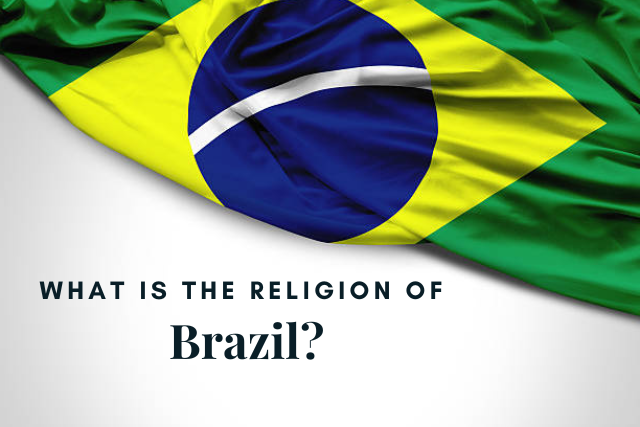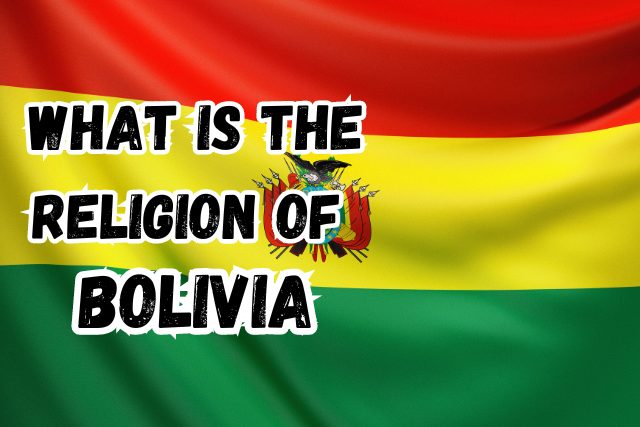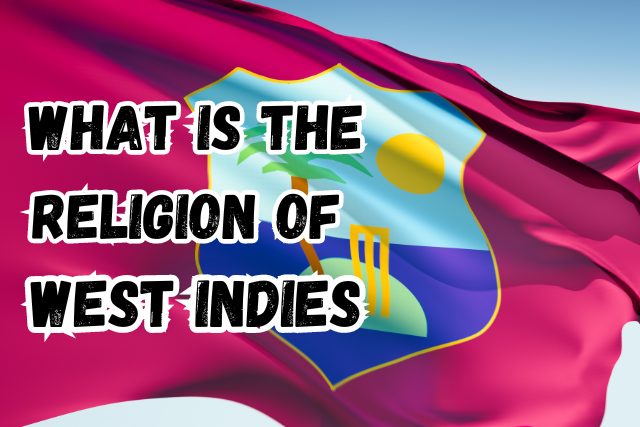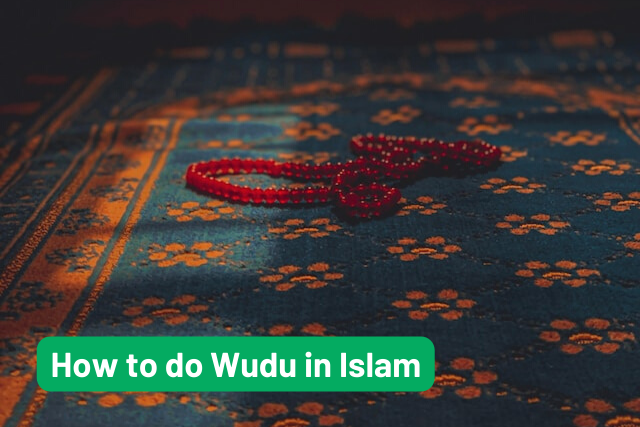What is the Religion of France In 2024? A Fascinating Blend of Faiths
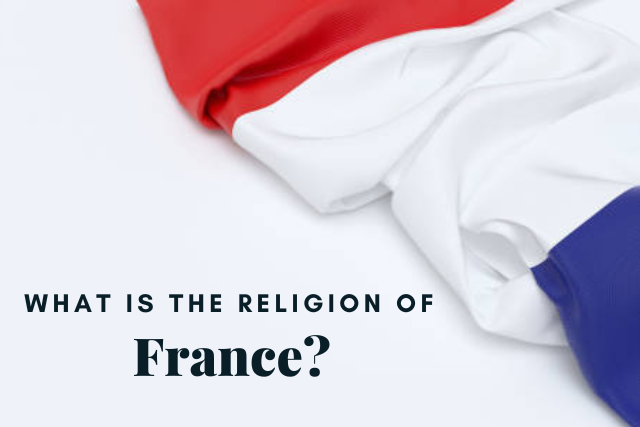
France, the country famous for croissants, cozy cafes, and the iconic Eiffel Tower, also has a rich mix of religions. While Catholicism has been very important for a long time, there are many different beliefs in France today.
So,what is the religion of France?
Let’s explore the interesting mix of faiths, secularism, and diversity that make up religion in France.
What is the Religion of France?
France is a religiously diverse country, but historically, Catholicism has been the dominant religion. Here’s a breakdown of the religious landscape in France:
Catholicism: A Long Tradition
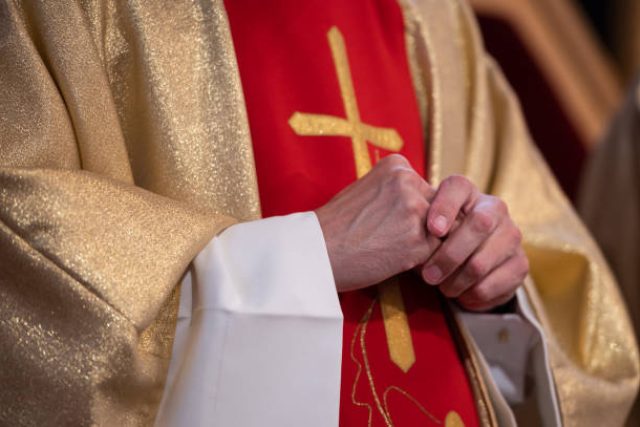
For many years, Catholicism was really important in France. Huge churches like Notre Dame in Paris show how important it was. Even after the French Revolution when the government and the church split up, most people in France still followed Catholicism.
But over the last hundred years or so, fewer and fewer people have been going to church regularly. This is because French society has changed, and many people aren’t as interested in traditional religious practices anymore.
Even though fewer people go to church, Catholicism is still a big part of French culture, especially in places like Brittany and Alsace. Lots of cultural events and festivals in France are connected to Catholic traditions.
Islam: A Growing Religion
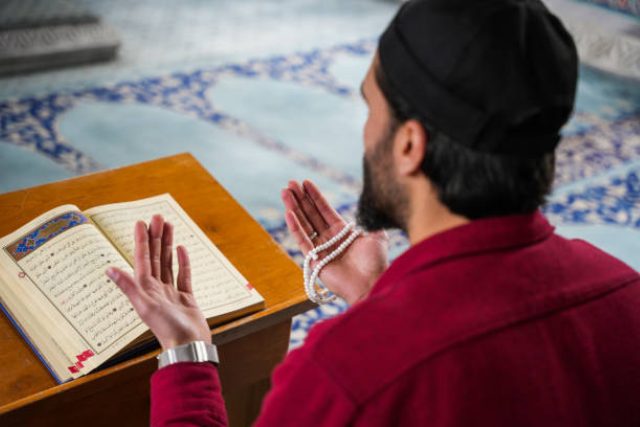
France has the biggest Muslim population in Western Europe, with about 10% of the people being Muslim. This is because of France’s history of colonizing other countries and because of immigration.
You can see mosques, which are places of worship for Muslims, in many cities in France. But it hasn’t always been easy for Muslims to feel like they belong in French society. Sometimes, there are debates about things like cultural identity and safety concerns.
However, France still believes in secularism, which means that everyone has the right to practice their religion freely.
Other Religions
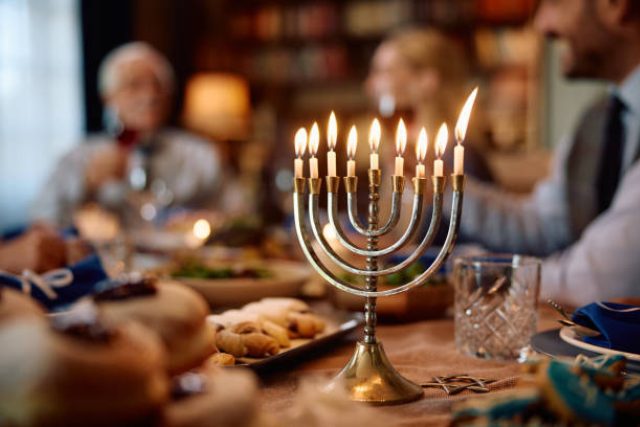
Apart from Catholicism and Islam, there are many other religions in France. Judaism, for example, has been part of French history for a long time, and France has the third-biggest Jewish population in Europe. There are also Buddhists, Hindus, and different types of Protestants in France. This shows that France is open to different beliefs and is a place where many different cultures meet.
Secularism: A Big Part of French Life
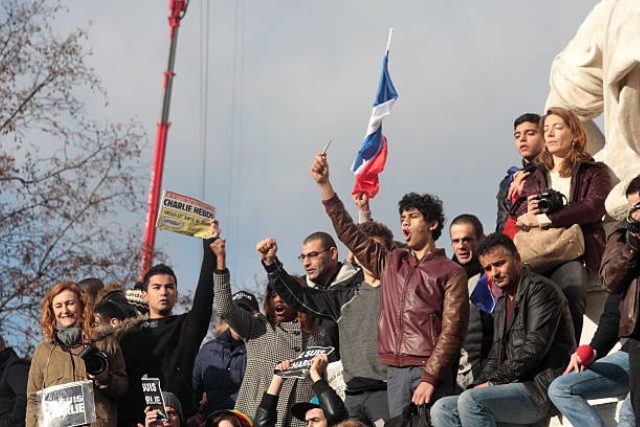
Secularism, or laïcité, is really important in France. It means that the government doesn’t take sides when it comes to religion and that everyone has the right to believe what they want.
This is why you won’t see religious symbols in government buildings, and public schools don’t teach religion (except in some cases). Laïcité helps create a society where people can choose their religion freely, and everyone respects each other’s beliefs.
Challenges and the Evolving Landscape
The French religious landscape faces ongoing challenges. The integration of minority faiths, the rise of religious extremism concerns, and the declining influence of traditional religions all require constant negotiation and adaptation.
France’s commitment to laïcité is sometimes perceived as restrictive by some religious groups. Striking a balance between religious freedom and national security remains a complex issue.
The future of religion in France is likely to be one of continued evolution. The influence of secularism might persist, but religious communities will undoubtedly continue to play a vital role in shaping French society and culture.
A Look at Religious Practices in France
Understanding religious affiliation goes beyond just statistics. Let’s delve deeper into how faith manifests in everyday French life:
- Religious Holidays: Christmas, Easter, and Eid al-Fitr are widely celebrated in France, showcasing the country’s religious diversity. These holidays transcend religious boundaries and serve as opportunities for social gatherings and traditions.
- Interfaith Dialogue: France actively encourages interfaith dialogue to promote understanding and cooperation between different religious communities. This fosters social cohesion and combats religious discrimination.
- Religious Architecture: From grand cathedrals to historic mosques, France’s religious architecture serves as a stunning reminder of the country’s rich religious heritage. These structures are not just places of worship but also significant cultural landmarks.
Religion and French Culture
Religion has had a big impact on French culture. It’s inspired art, literature, and the way people live their lives. Even if you’re not religious, you can see religion’s influence everywhere in France.
Religious festivals and traditions are still a big part of French life. They help people feel connected to each other and to their past.
FAQs About What is the Religion of France
When did France stop being Catholic?
France never officially “stopped” being Catholic. Catholicism remains the religion of a significant portion of the French population, although church attendance has declined in recent decades. The French Revolution (1789-1799) did attempt to weaken the Catholic Church’s power, but Catholicism re-established itself in the early 19th century.
What is the French religion called?
France doesn’t have an official religion. The principle of laïcité (secularism) guarantees freedom of religion for all citizens, and the state remains neutral in religious matters. Catholicism is the religion with the most historical influence, but France is home to a diverse range of faiths.
What was France’s religion before Christianity?
Prior to the arrival of Christianity in Gaul (ancient France) around the 2nd century AD, the Celtic religion was the dominant belief system. This polytheistic religion worshipped a variety of gods and goddesses associated with nature and daily life.
Which religion is the oldest?
Determining the absolute “oldest” religion is a complex question with no easy answer. Hinduism, Judaism, and Zoroastrianism all have roots stretching back thousands of years, making them contenders for the title.
Is France still a Catholic country?
France remains a majority Catholic country in terms of historical affiliation and cultural heritage. However, church attendance and religious practice have declined considerably in recent decades. France’s commitment to laïcité fosters a secular state with freedom of religion for all.
Summing Up
France’s religious landscape, unlike its neighbor Germany with a strong Protestant presence, is a tapestry woven with Catholic tradition, modernity, and a growing Muslim population. While Catholicism holds historical significance, church attendance is low, reflecting a trend towards secularization. Despite this, France embraces a multitude of faiths, with the principle of laïcité ensuring freedom of religion while fostering a secular state.
As France continues to evolve, its religious landscape will undoubtedly adapt as well. However, its commitment to tolerance and respect for all faiths will likely remain steadfast.
